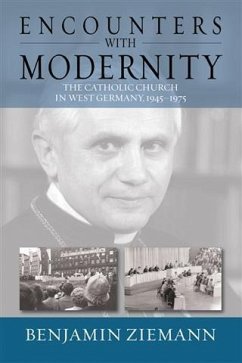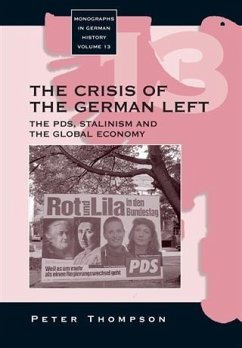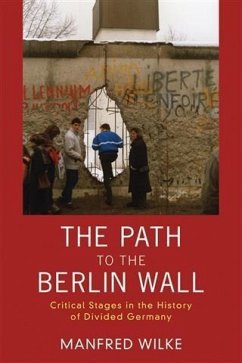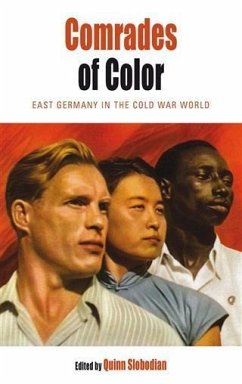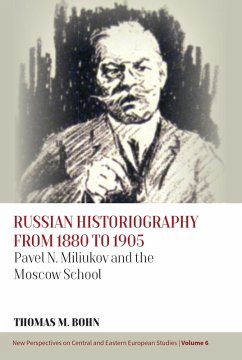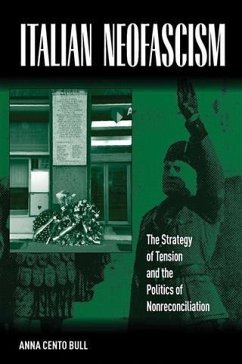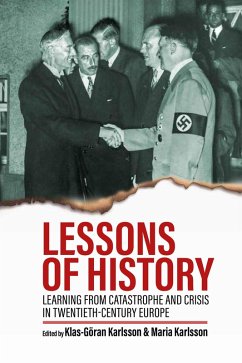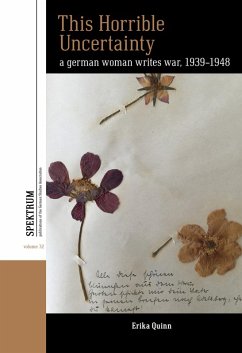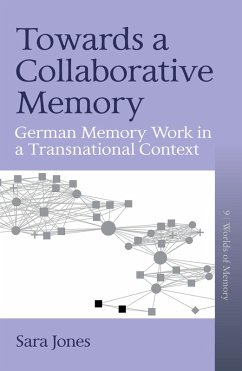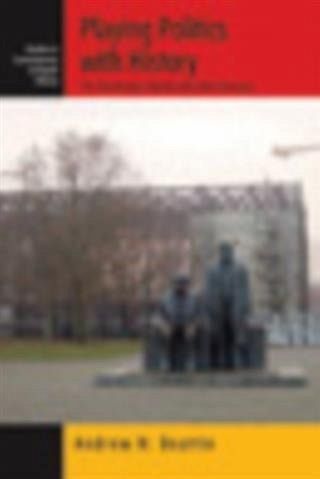
Playing Politics with History (eBook, PDF)
The Bundestag Inquiries into East Germany
Versandkostenfrei!
Sofort per Download lieferbar
101,95 €
inkl. MwSt.
Weitere Ausgaben:

PAYBACK Punkte
51 °P sammeln!
After Germany's reunification in 1989-90, the country faced not only the history and consequences of the nation's division during the Cold War but also the continuing burdensome legacy of the Nazi past and the Holocaust. This book explains why concerns that the Nazi past would be marginalized by the more recent Communist past proved to be misplaced. It examines the delicate East-West dynamics and the notion that the West sought to impose "victor's justice" (or history) on the East. More specifically, it examines, for the first time, the history and significance of two parliamentary commission...
After Germany's reunification in 1989-90, the country faced not only the history and consequences of the nation's division during the Cold War but also the continuing burdensome legacy of the Nazi past and the Holocaust. This book explains why concerns that the Nazi past would be marginalized by the more recent Communist past proved to be misplaced. It examines the delicate East-West dynamics and the notion that the West sought to impose "victor's justice" (or history) on the East. More specifically, it examines, for the first time, the history and significance of two parliamentary commissions of inquiry created in the 1990s to investigate the divided past after 1945 and its effects on the reunified country. Not unlike "truth commissions" elsewhere, these inquiries provided an important forum for renegotiating contemporary Germany's relationship with multiple German pasts, including the Nazi period and the Holocaust. The ensuing debates and disagreements over the recent past, examined by the author, open up a window into the wider development of German memory, identity, and politics after the end of the Cold War.
Dieser Download kann aus rechtlichen Gründen nur mit Rechnungsadresse in A, B, BG, CY, CZ, D, DK, EW, E, FIN, F, GR, HR, H, IRL, I, LT, L, LR, M, NL, PL, P, R, S, SLO, SK ausgeliefert werden.




